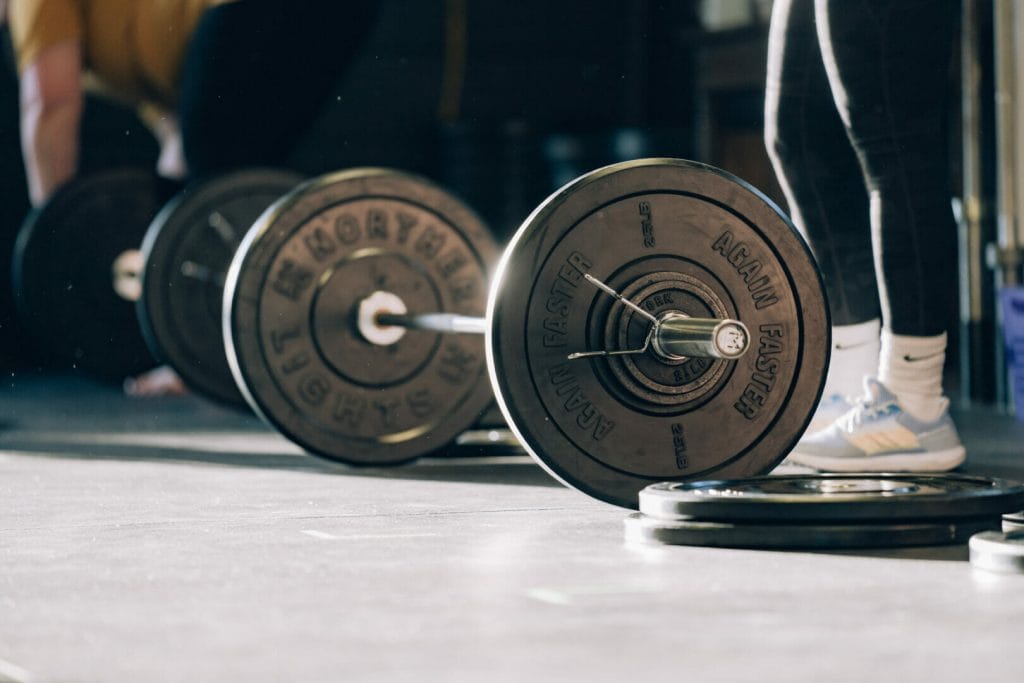In the pursuit of a healthy lifestyle, various factors often take the spotlight – nutrition, cardiovascular fitness, and mental well-being, to name a few. However, one aspect that sometimes goes overlooked is the importance of muscle health. Muscles, often associated with physical strength and aesthetics, play a far more significant role in overall health than meets the eye. In this article, we’ll delve into why muscle health should be a focal point of any wellness journey.
Muscles are metabolically active tissues that play a vital role in maintaining a healthy metabolism. They burn calories even at rest, contributing to the body’s basal metabolic rate. Maintaining adequate muscle mass can help prevent weight gain and combat obesity-related health issues.
Strong muscles contribute to strong bones. Resistance exercises stimulate bone growth and density, reducing the risk of osteoporosis and fractures. A lack of muscle engagement can lead to weakened bones, increasing susceptibility to injuries and bone-related conditions.
Muscles aid in regulating blood sugar levels by absorbing glucose from the bloodstream. Insulin sensitivity, crucial for preventing type 2 diabetes, is closely linked to muscle health. Regular physical activity, including muscle-building exercises, can enhance insulin sensitivity and reduce the risk of diabetes.
Well-developed muscles provide essential support to joints, decreasing the stress placed on them during movement. This can alleviate joint pain and improve overall joint function, making daily activities more comfortable and reducing the risk of chronic joint conditions.
Maintaining muscle strength and endurance contributes to better functional independence as we age. Strong muscles enable us to perform everyday tasks with ease, enhancing our quality of life and reducing the likelihood of relying on assistance for basic activities.
Engaging in muscle-building exercises stimulates the release of hormones like testosterone and growth hormone. These hormones are crucial for various bodily functions, including muscle growth, repair, and overall hormonal balance.
Surprisingly, muscle health and cardiovascular health are interconnected. Strong muscles help improve circulation and enhance the heart’s efficiency in pumping blood. Engaging in regular physical activity that targets muscles can contribute to a healthier cardiovascular system.
Physical activity, including muscle-building exercises, has been linked to improved mental health. Exercise triggers the release of endorphins, which are known as “feel-good” hormones. Additionally, achieving fitness goals and seeing physical progress can boost self-confidence and overall mental well-being.
In the pursuit of holistic health, paying attention to muscle health is non-negotiable. Beyond aesthetics and strength, muscles play a multifaceted role in promoting metabolic health, bone strength, insulin sensitivity, joint support, functional independence, hormonal balance, cardiovascular health, and mental well-being. Incorporating a well-rounded fitness regimen that includes resistance training and muscle-building exercises can lead to a healthier, happier life. Remember, strong muscles are not just a sign of physical prowess, but also a testament to overall well-being.
Do you want help with building muscle? Book a free No Sweat Intro to meet with a coach and talk about how we can help you with your goals here.

